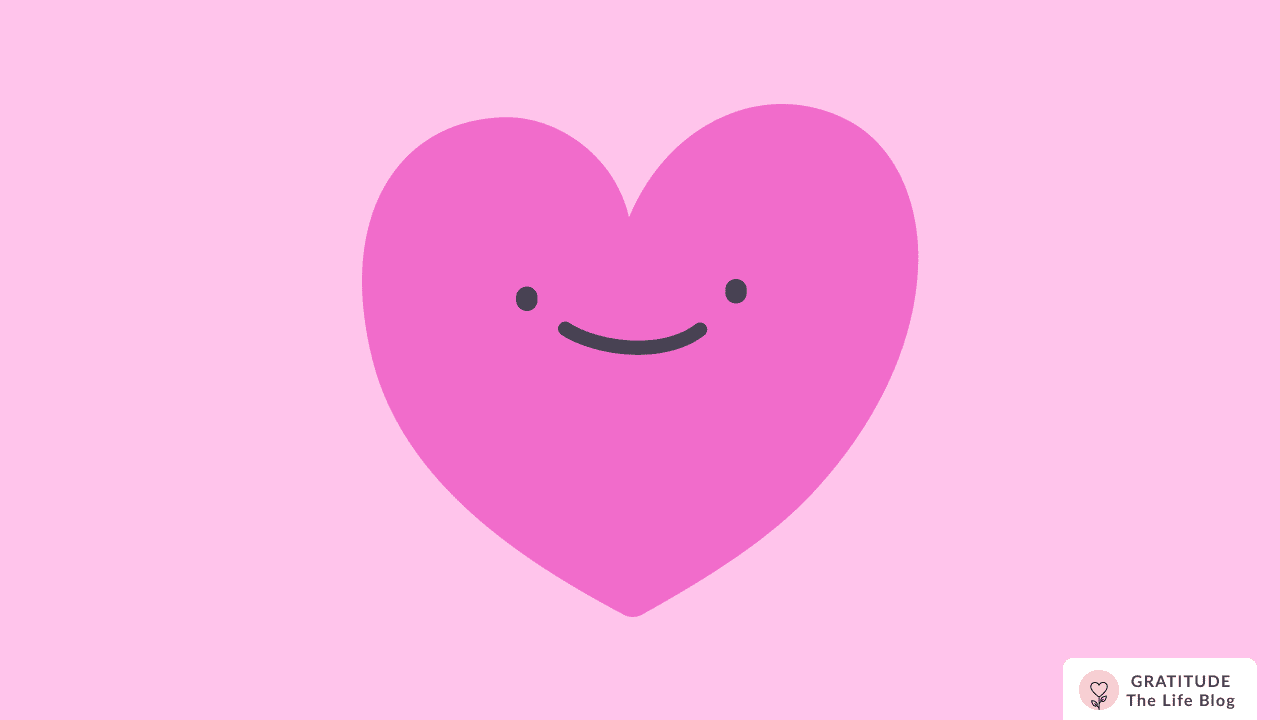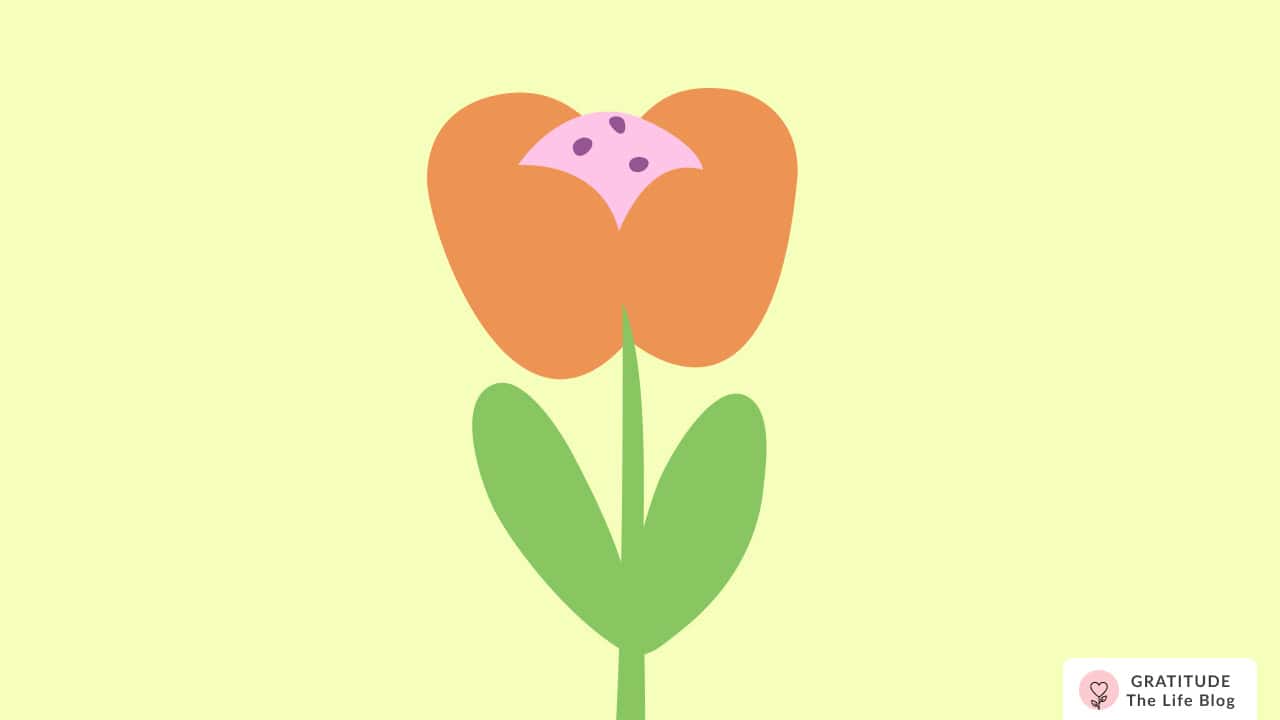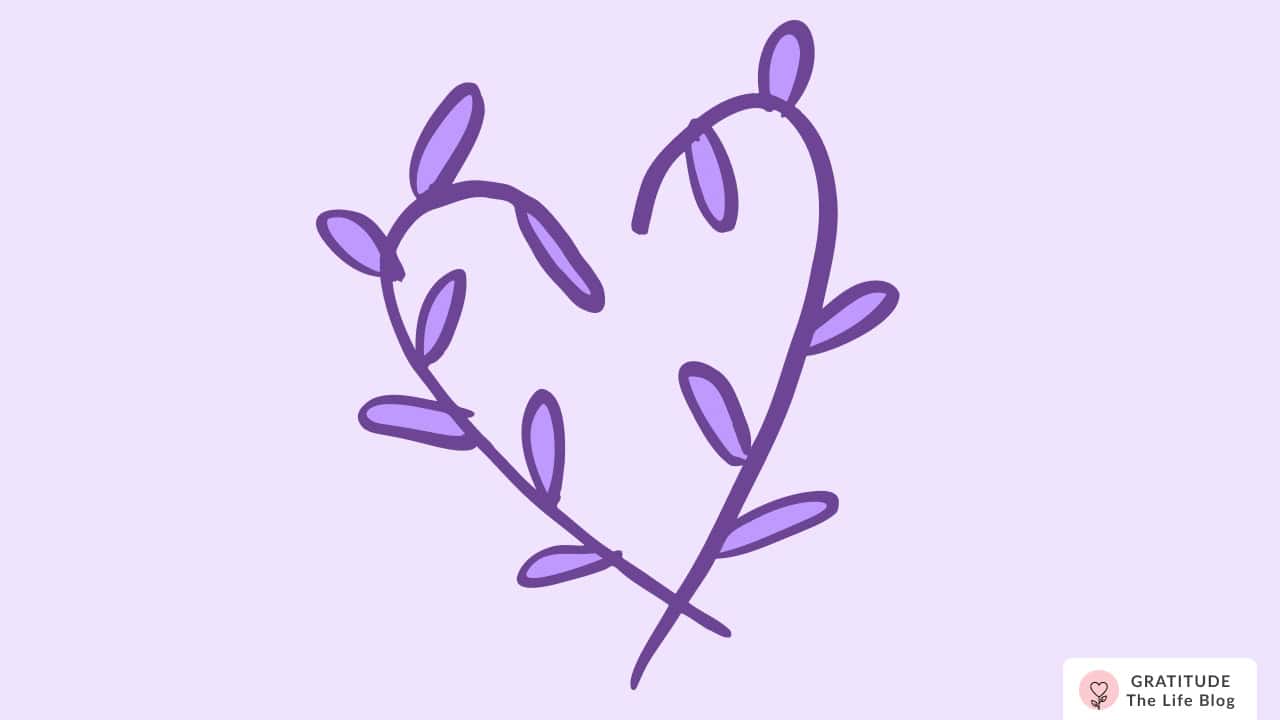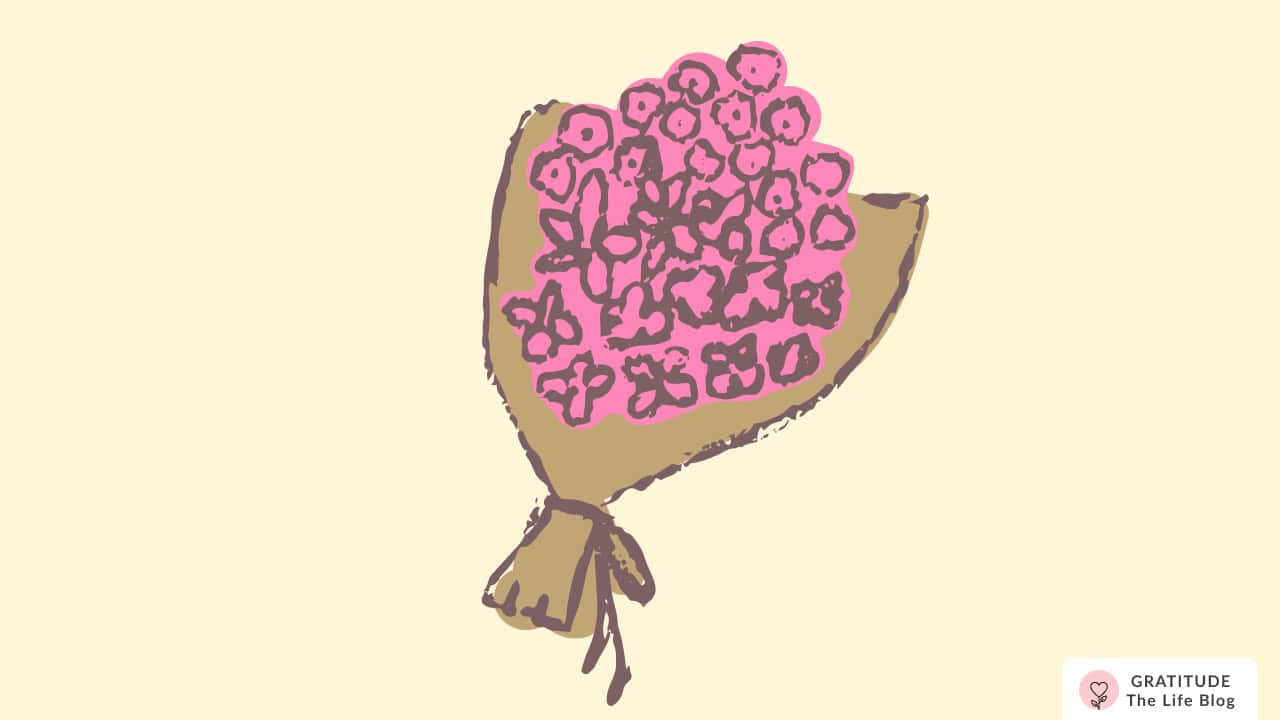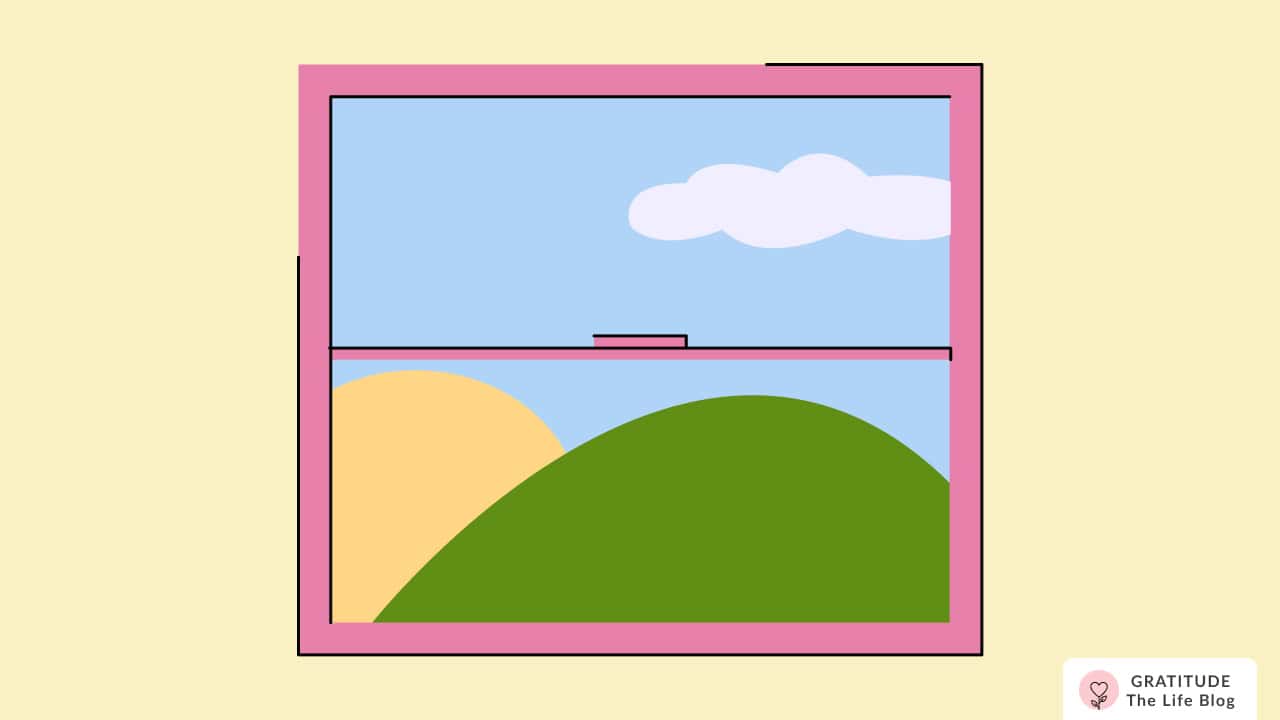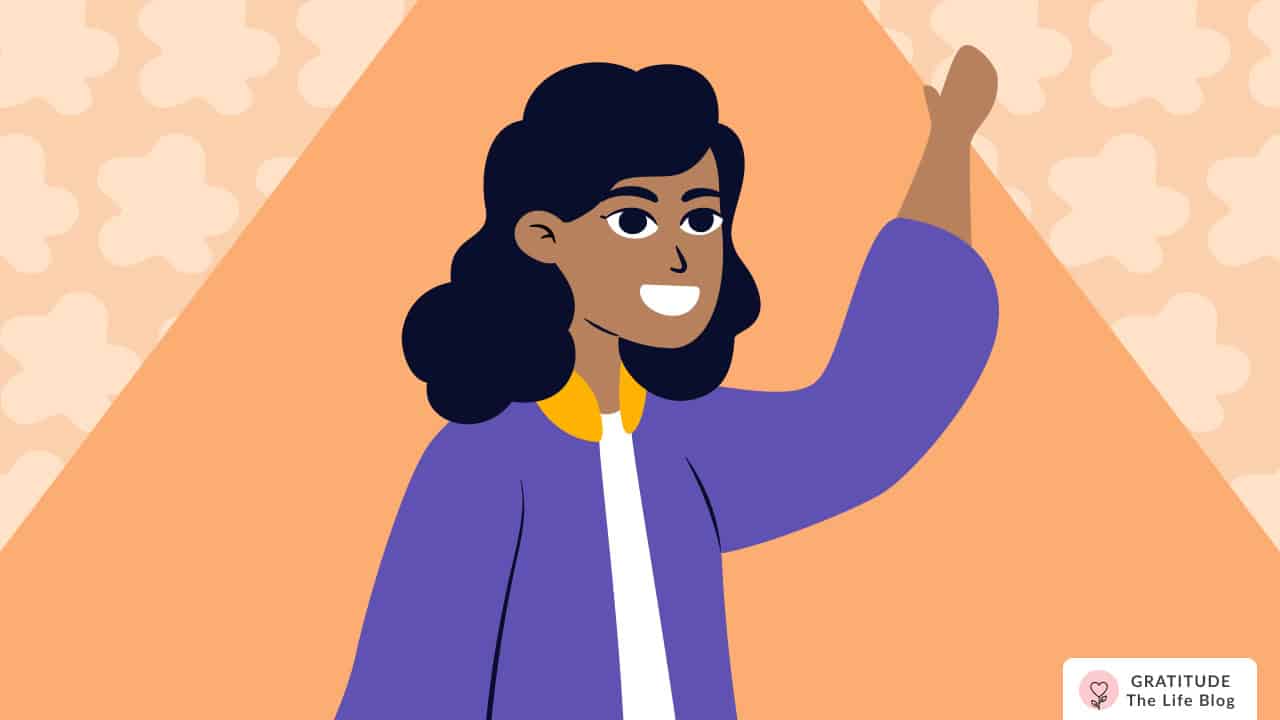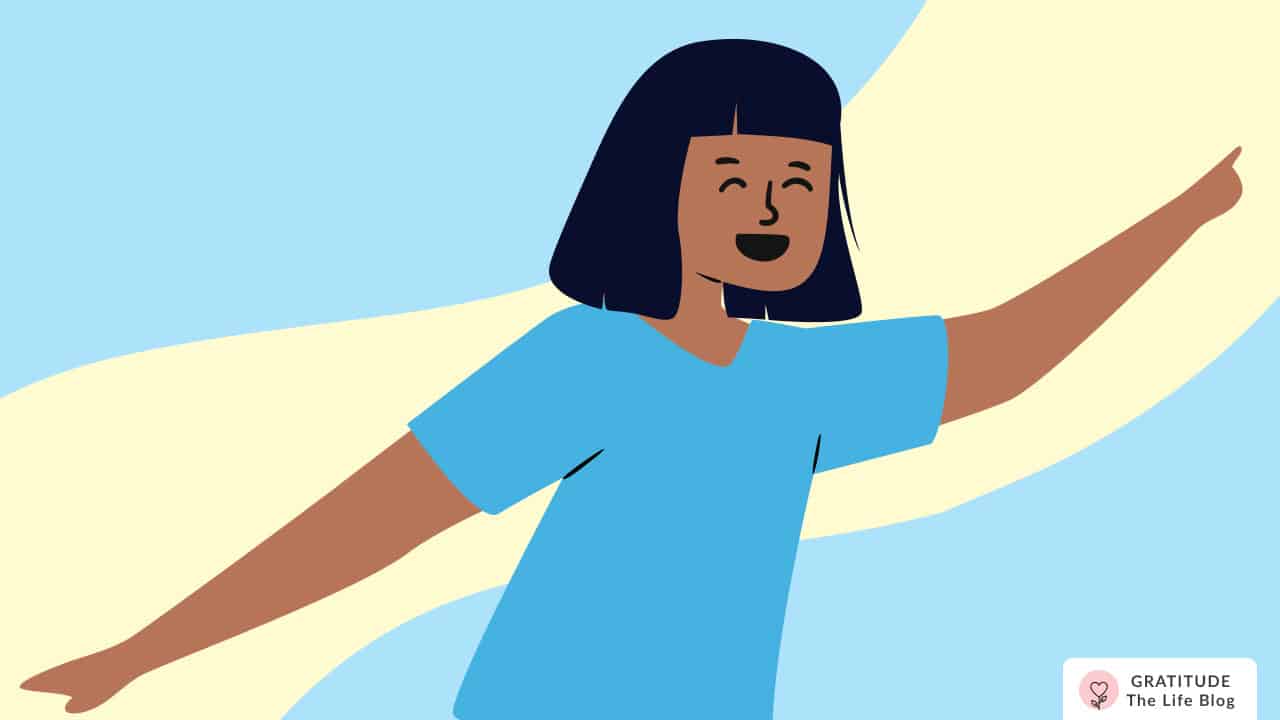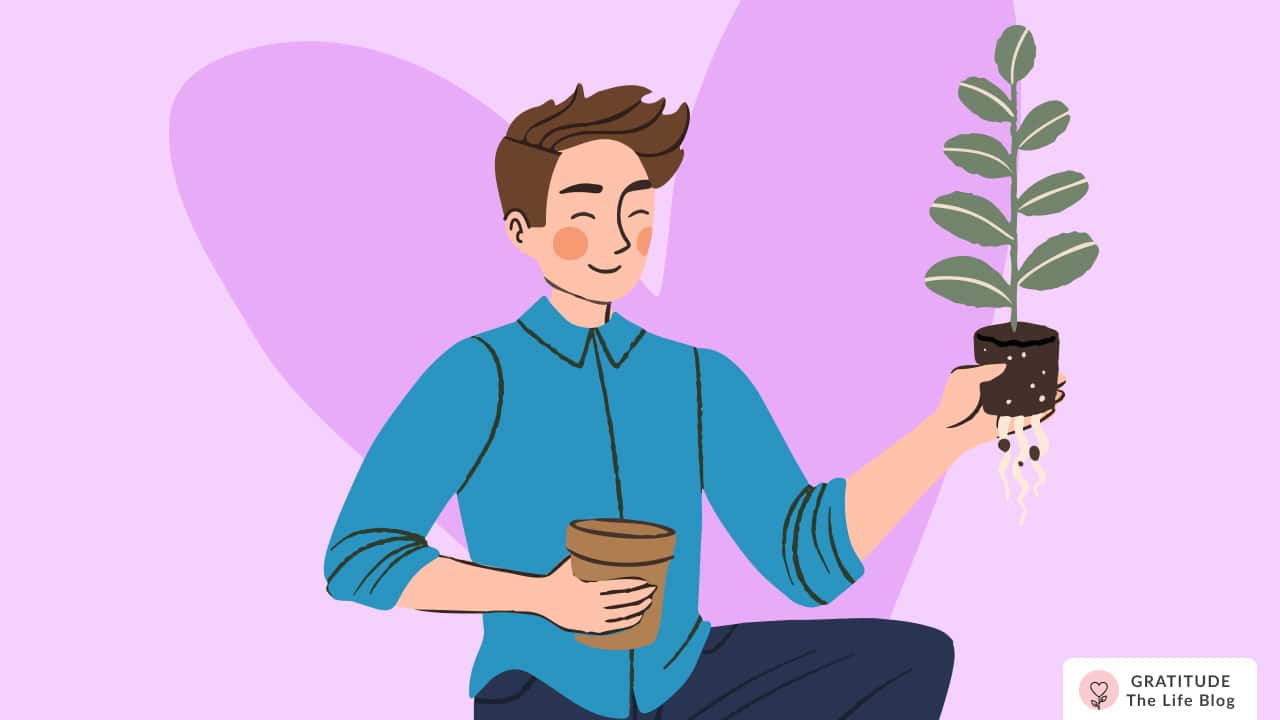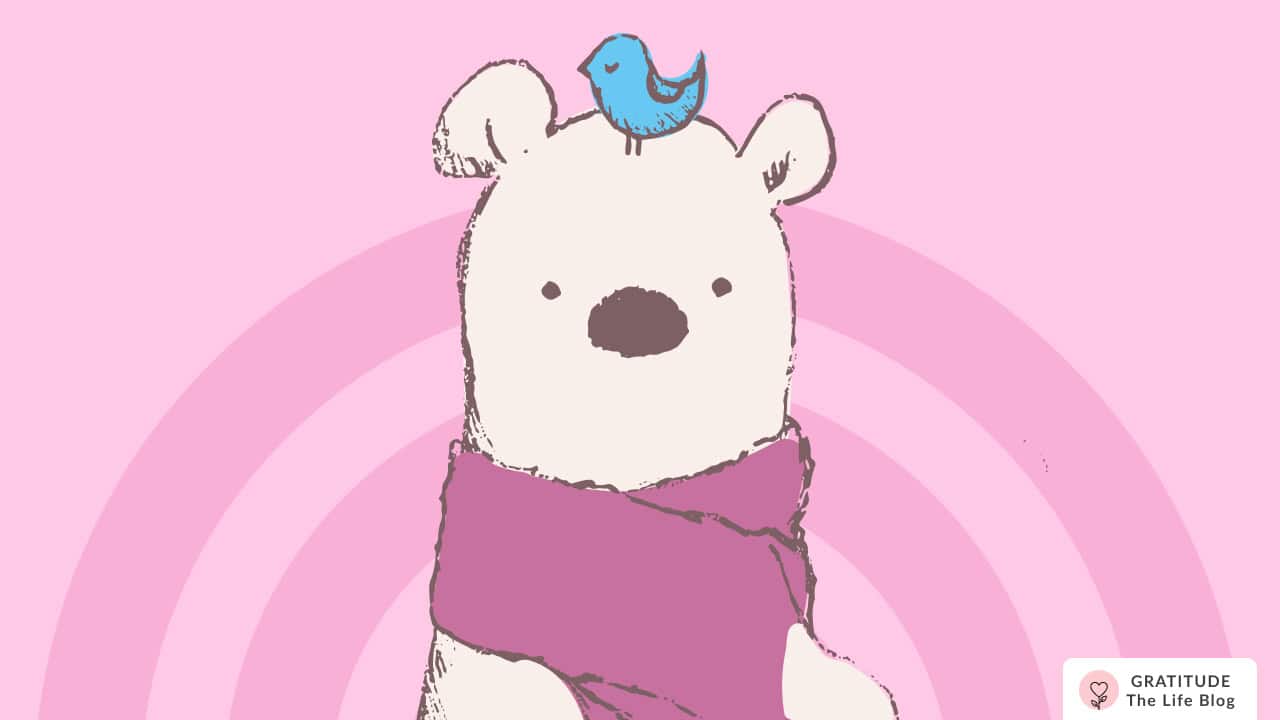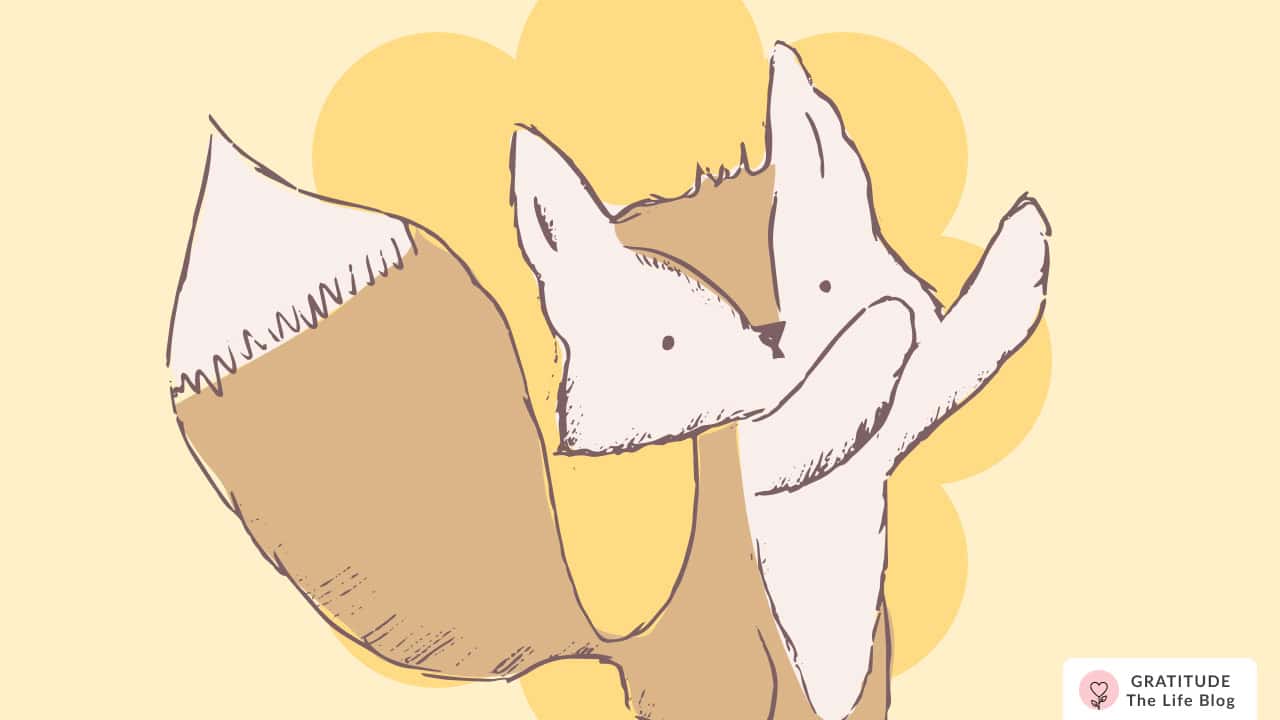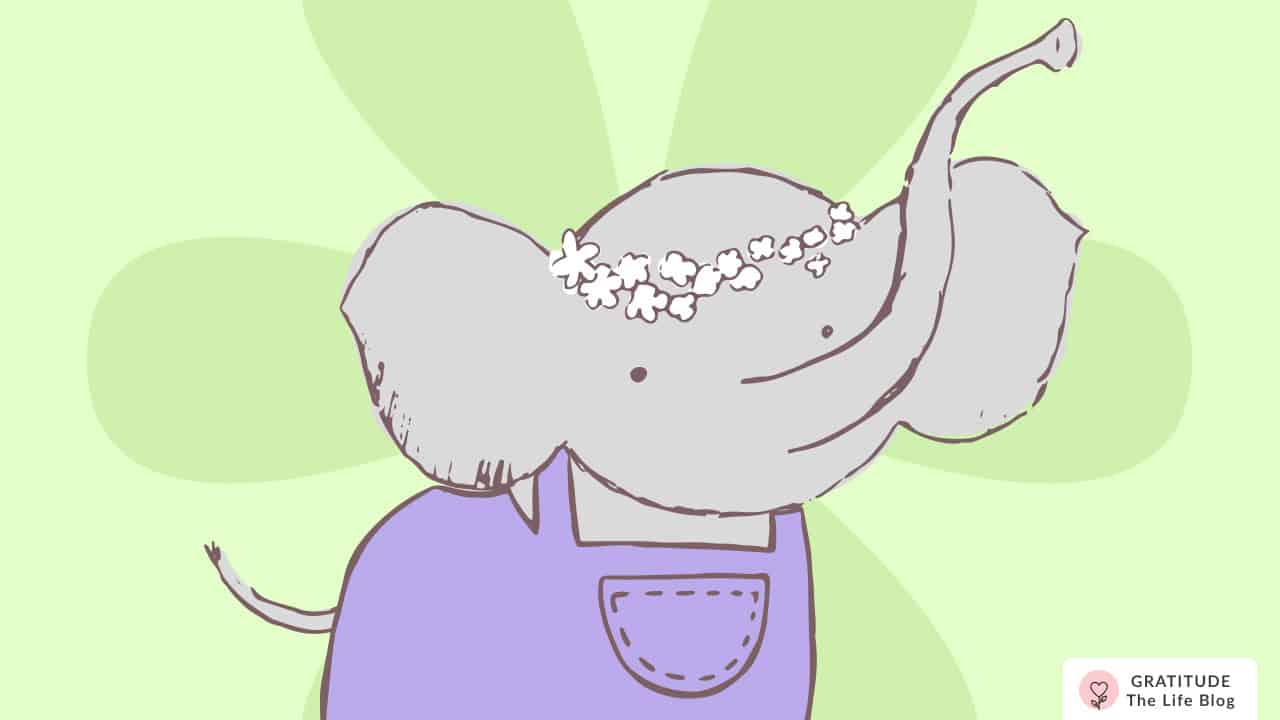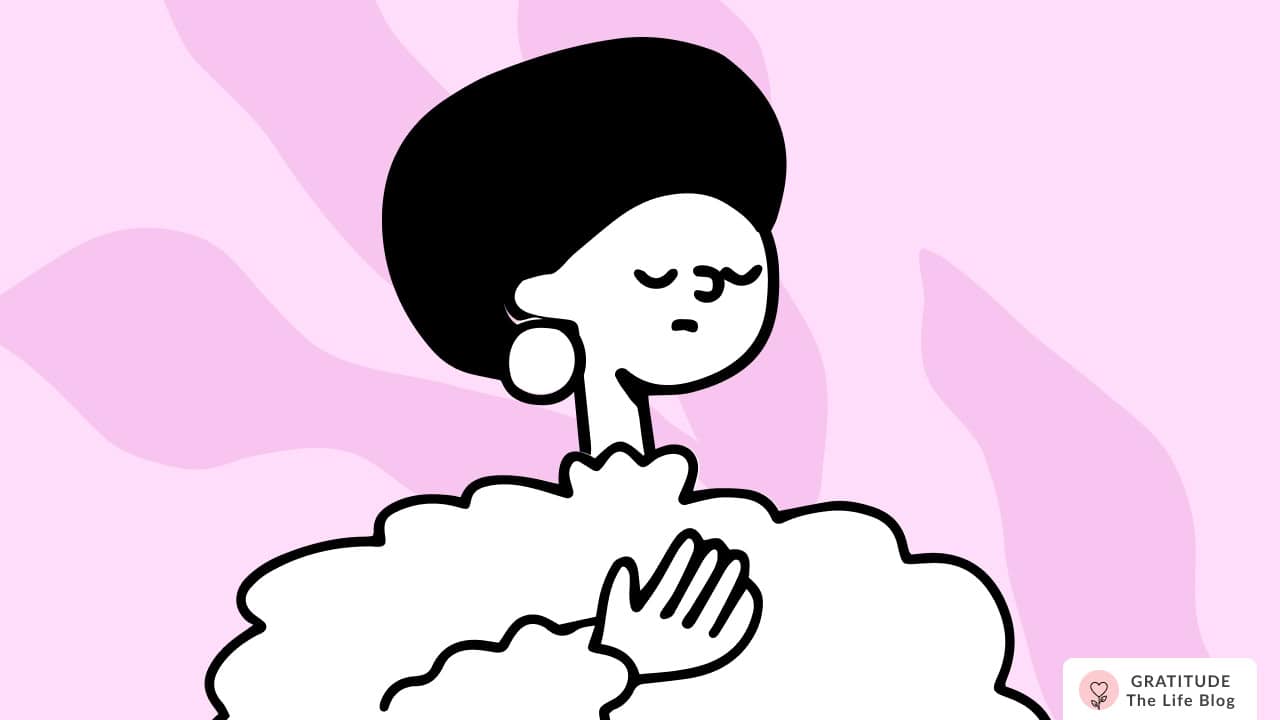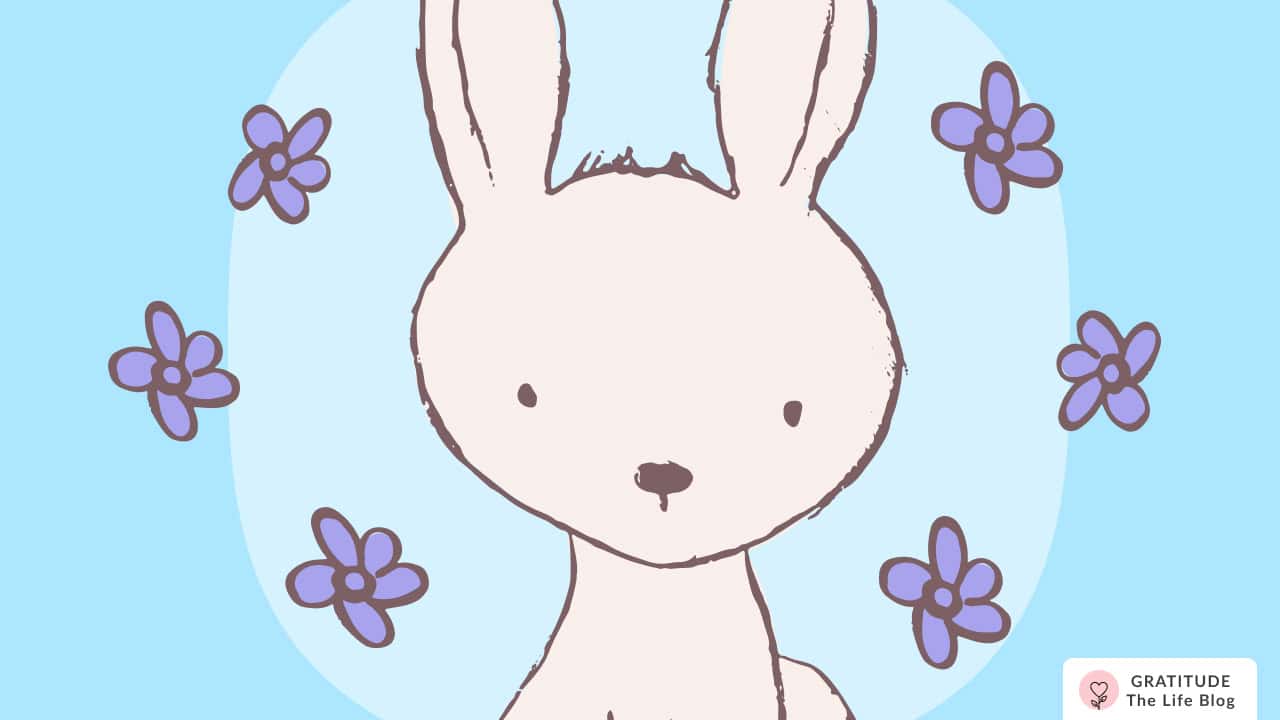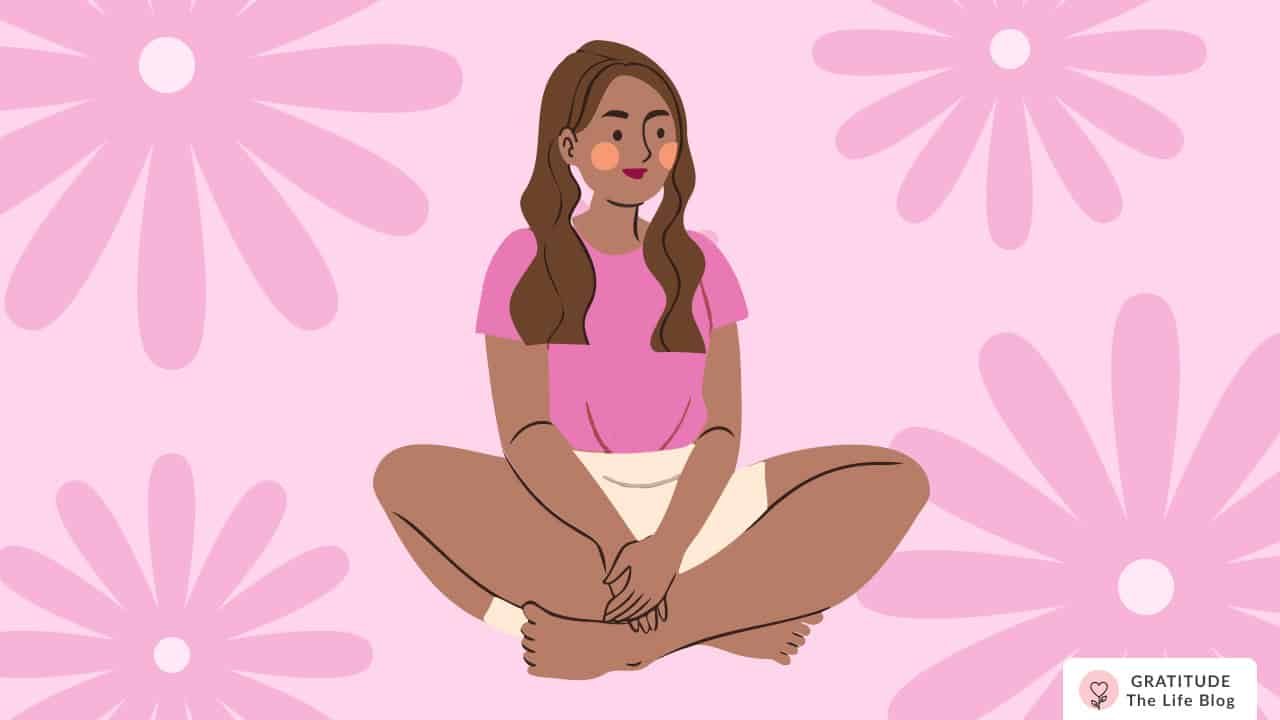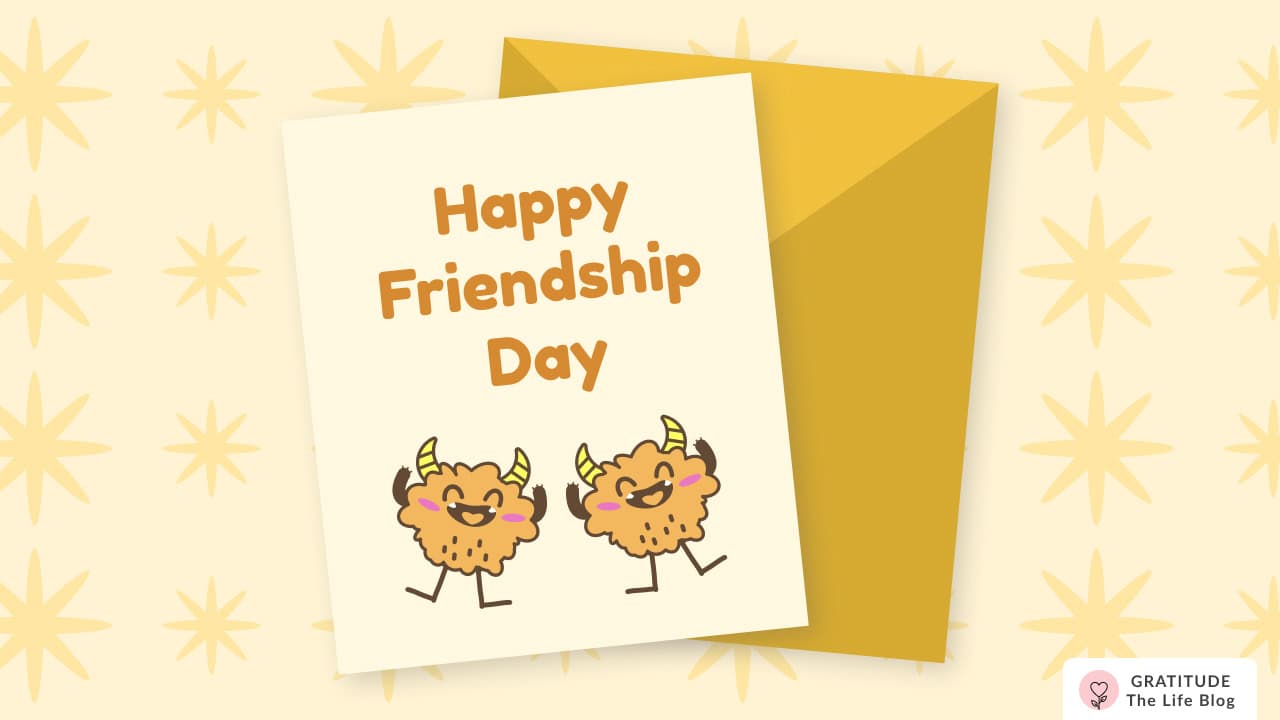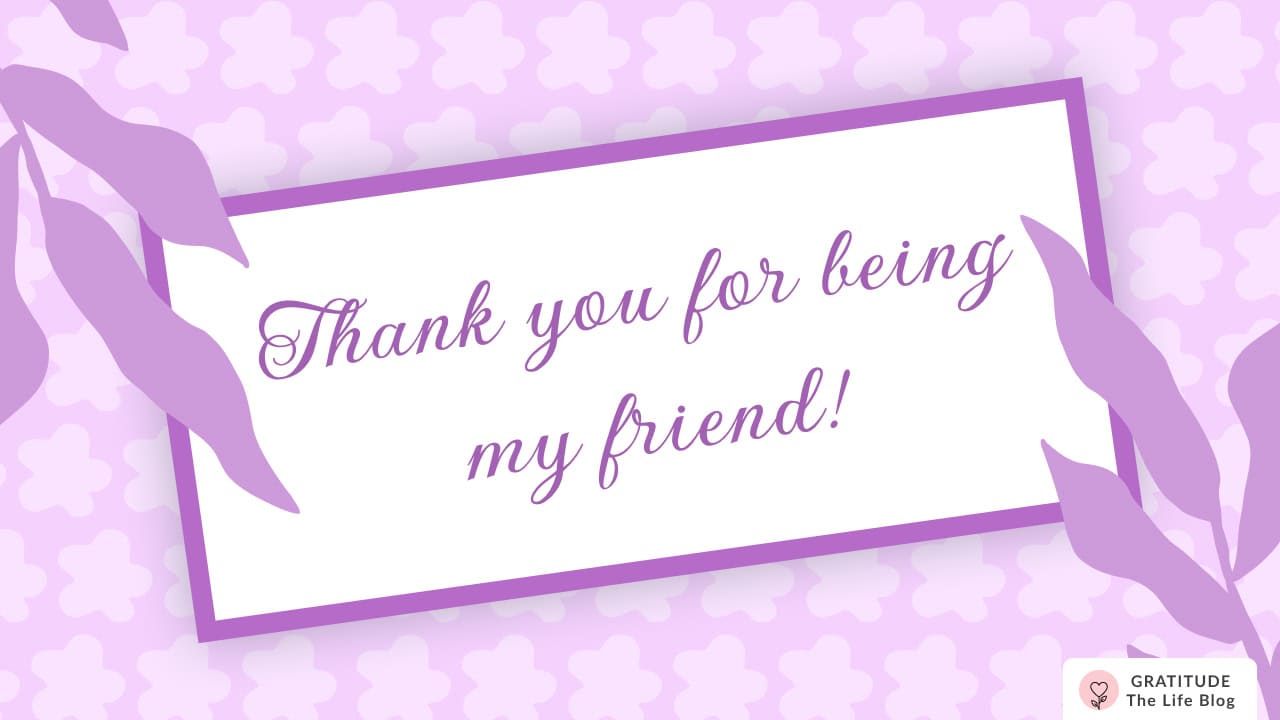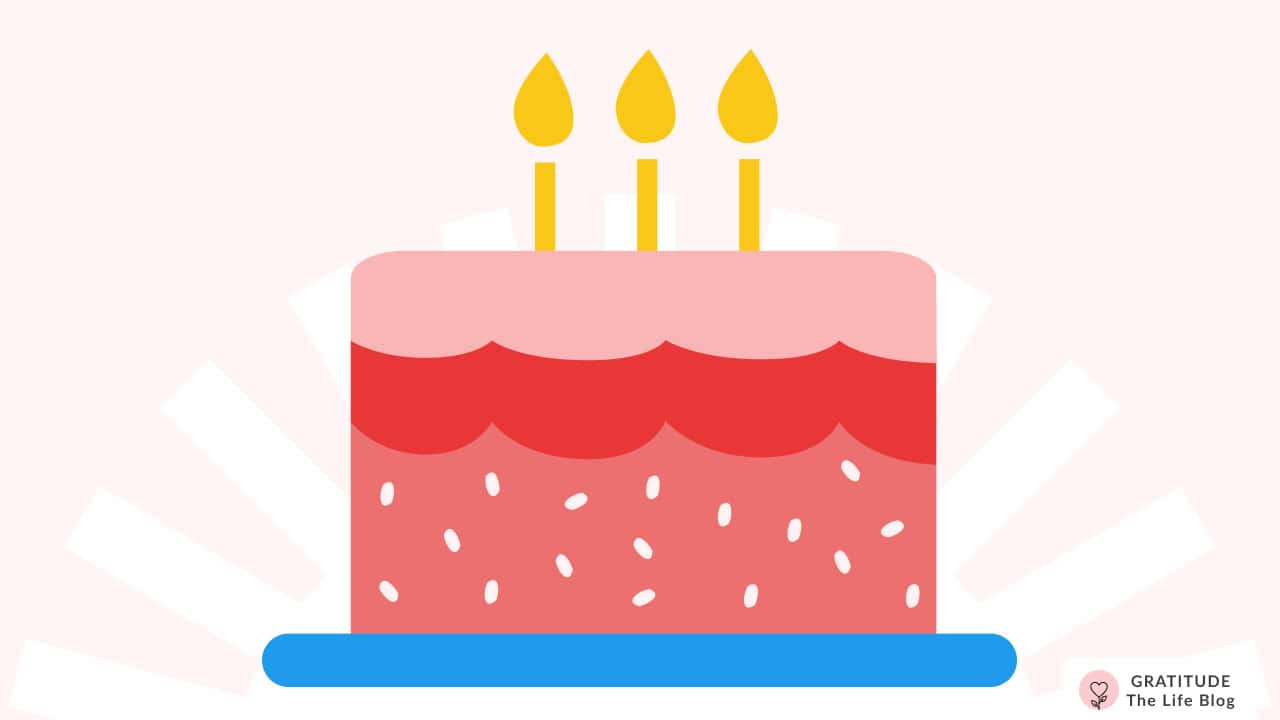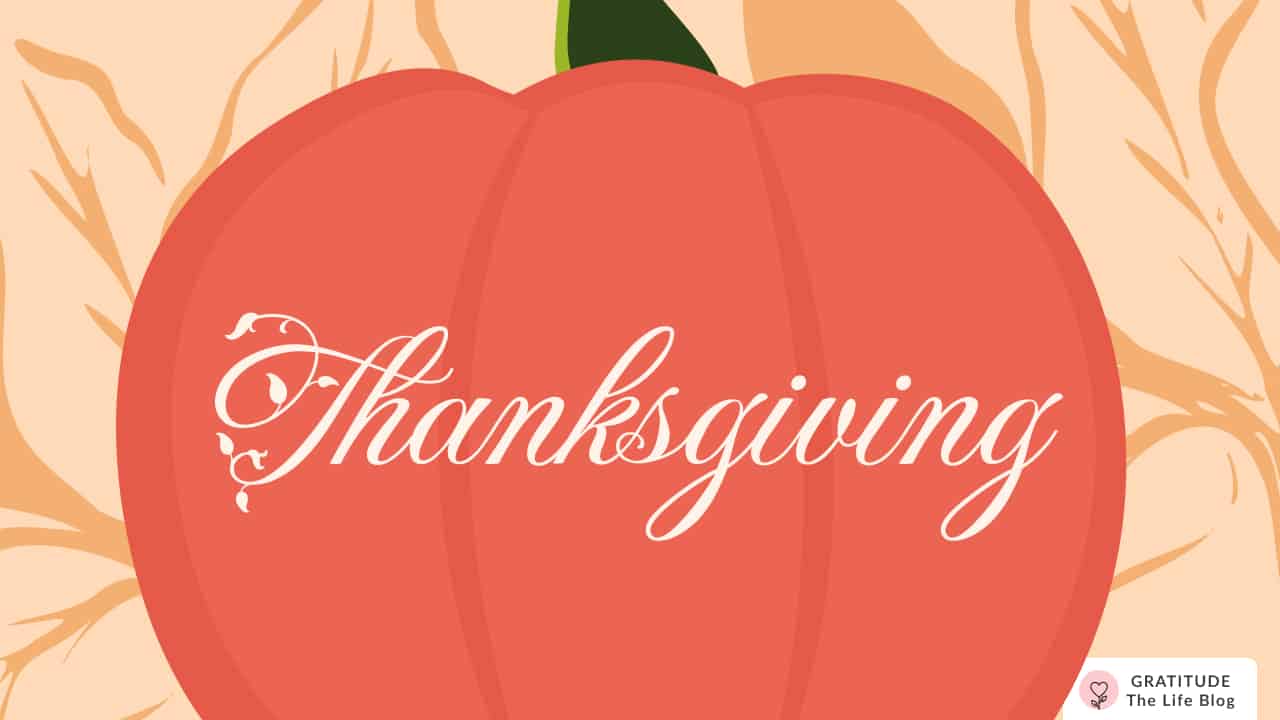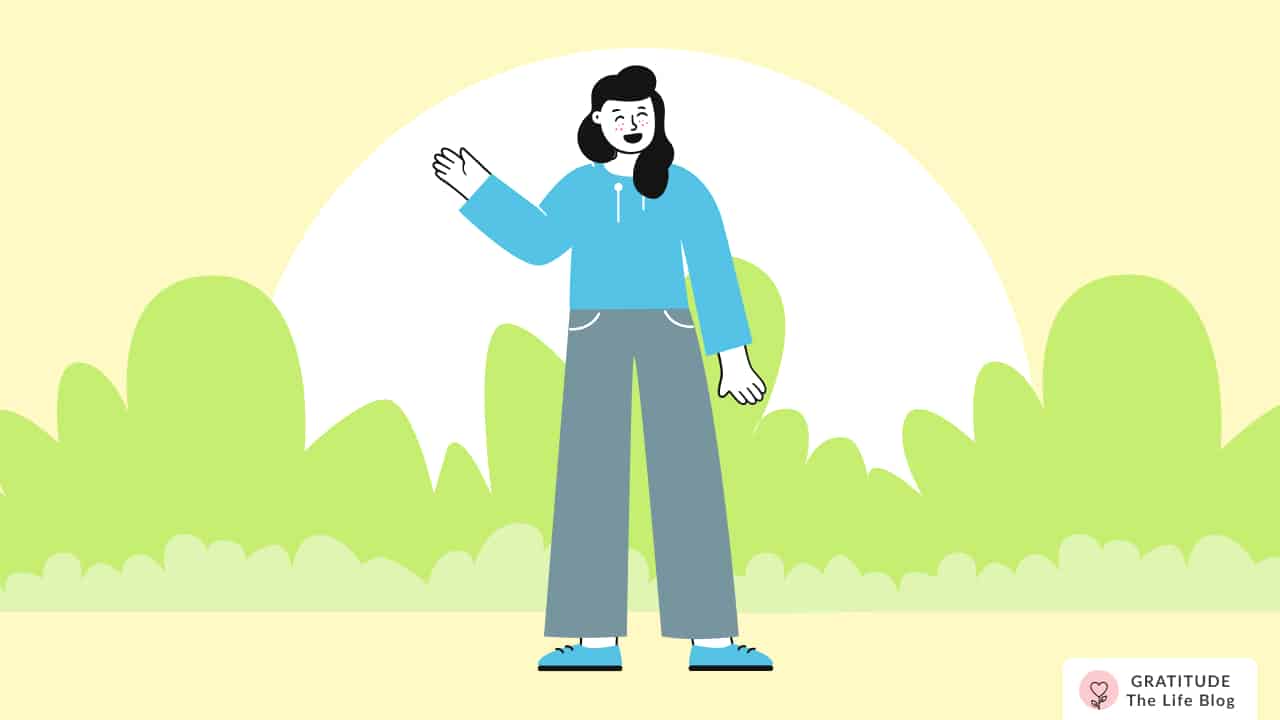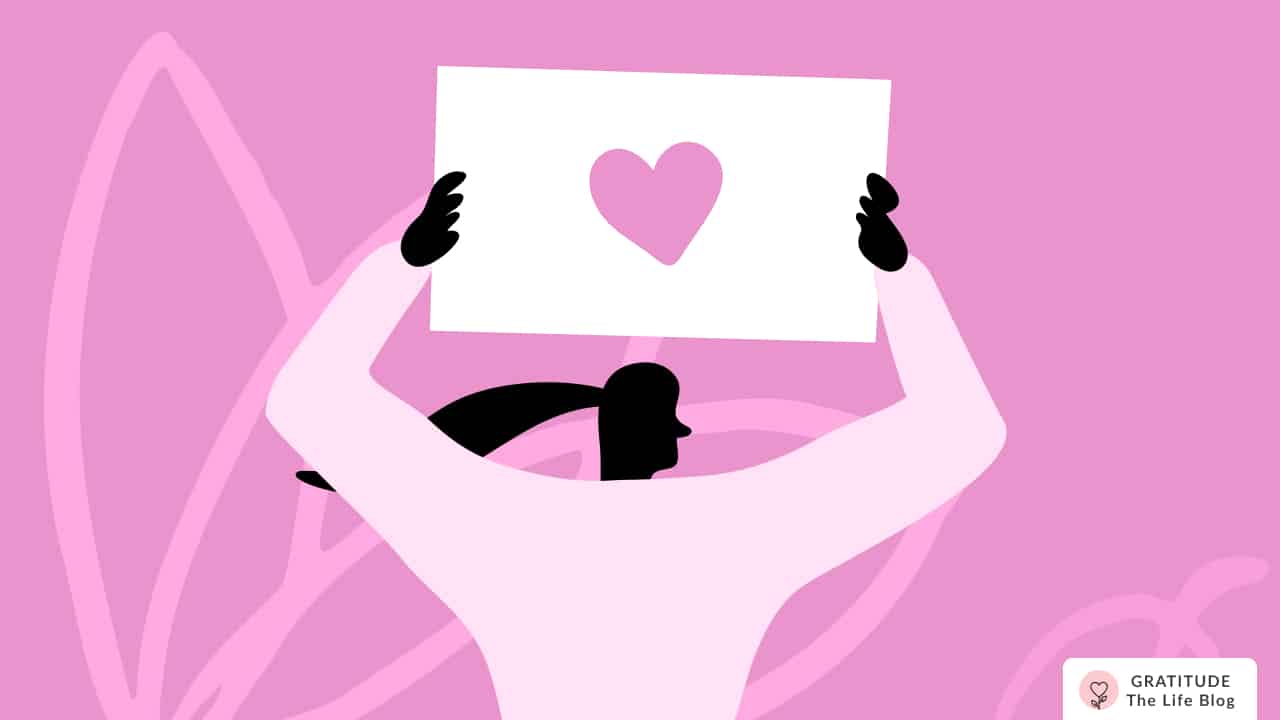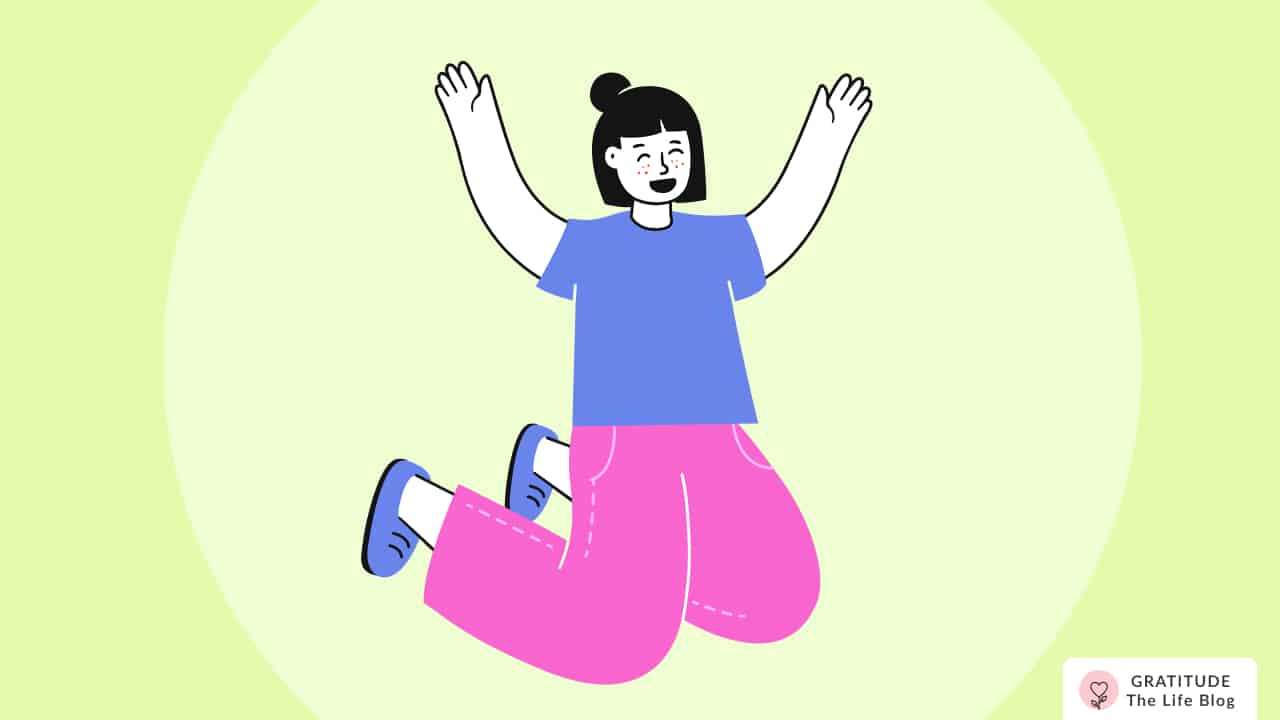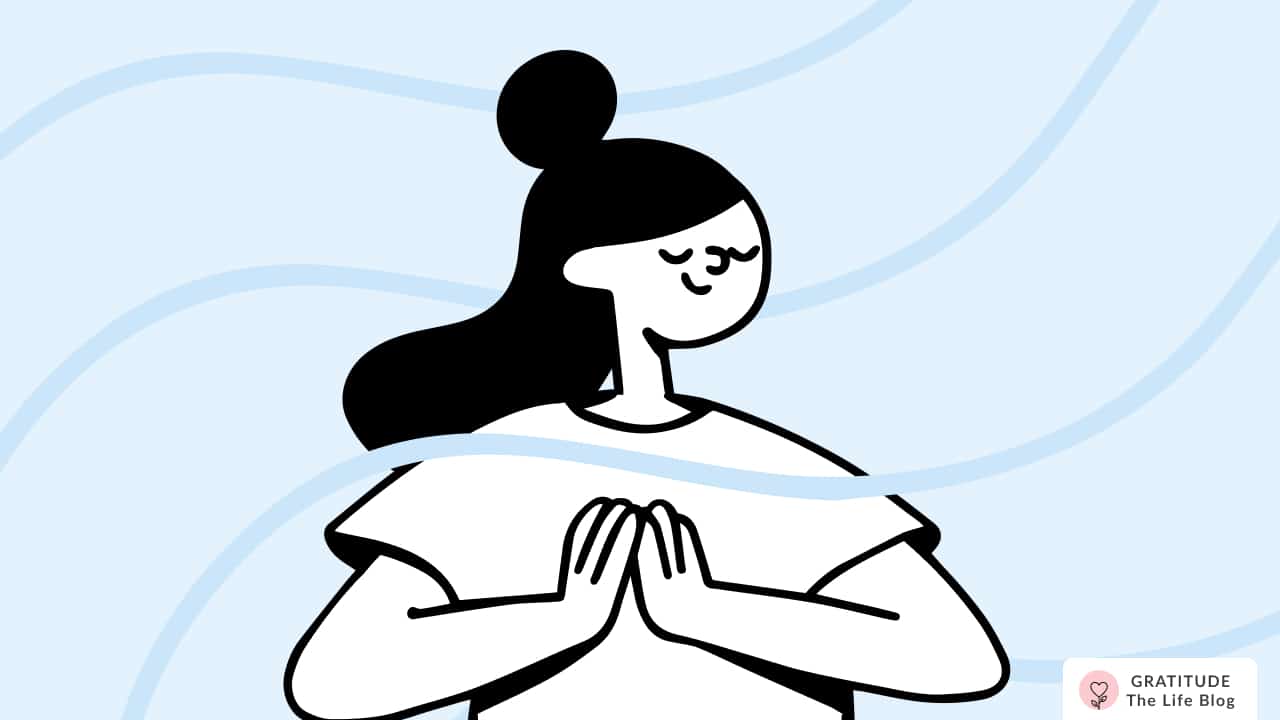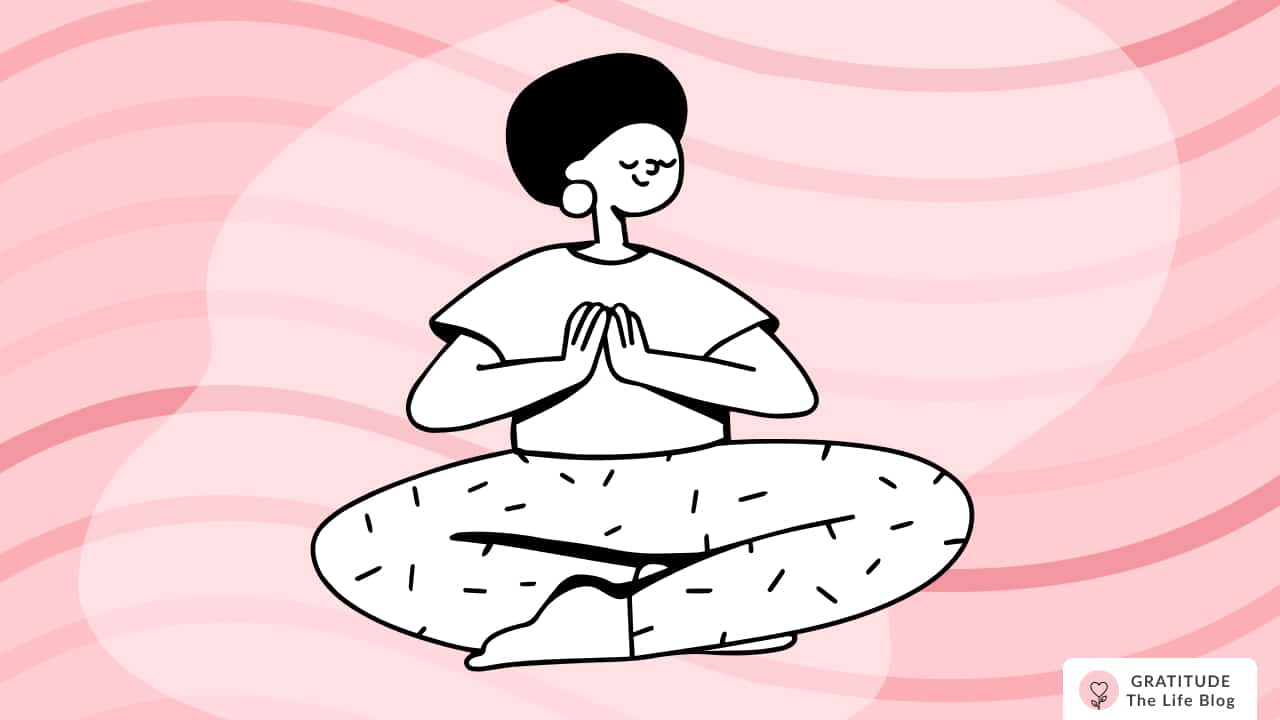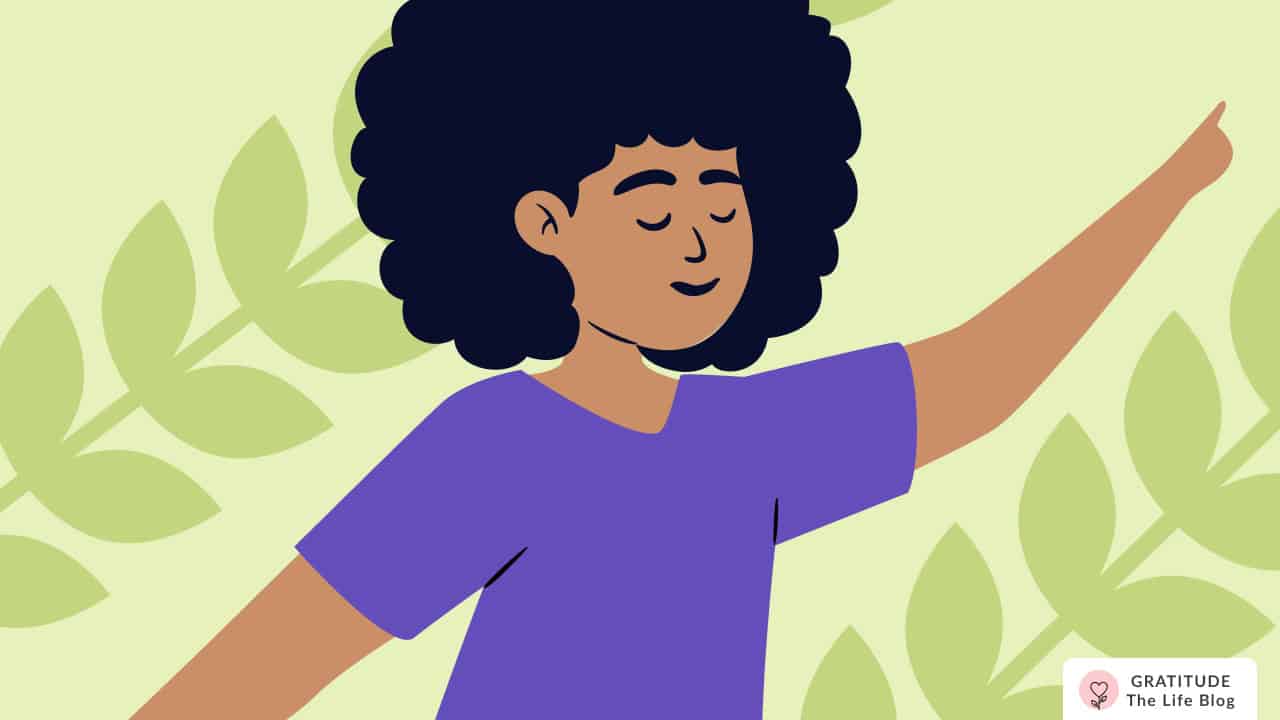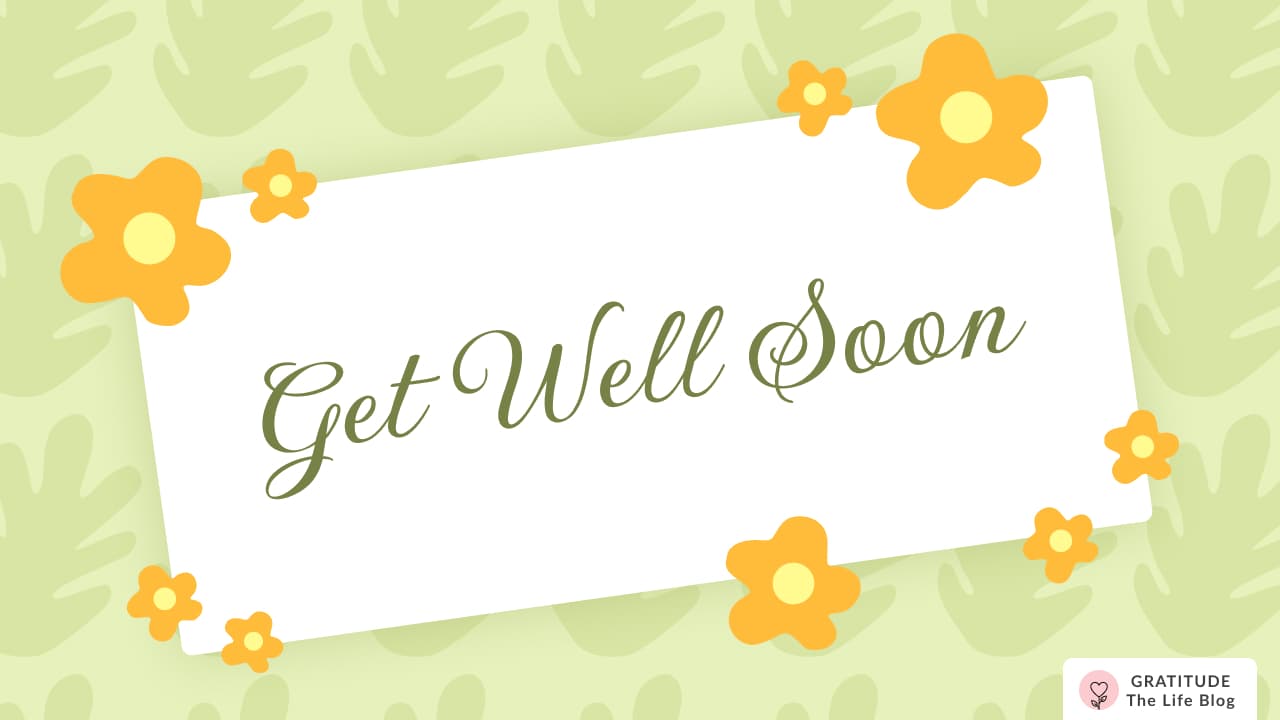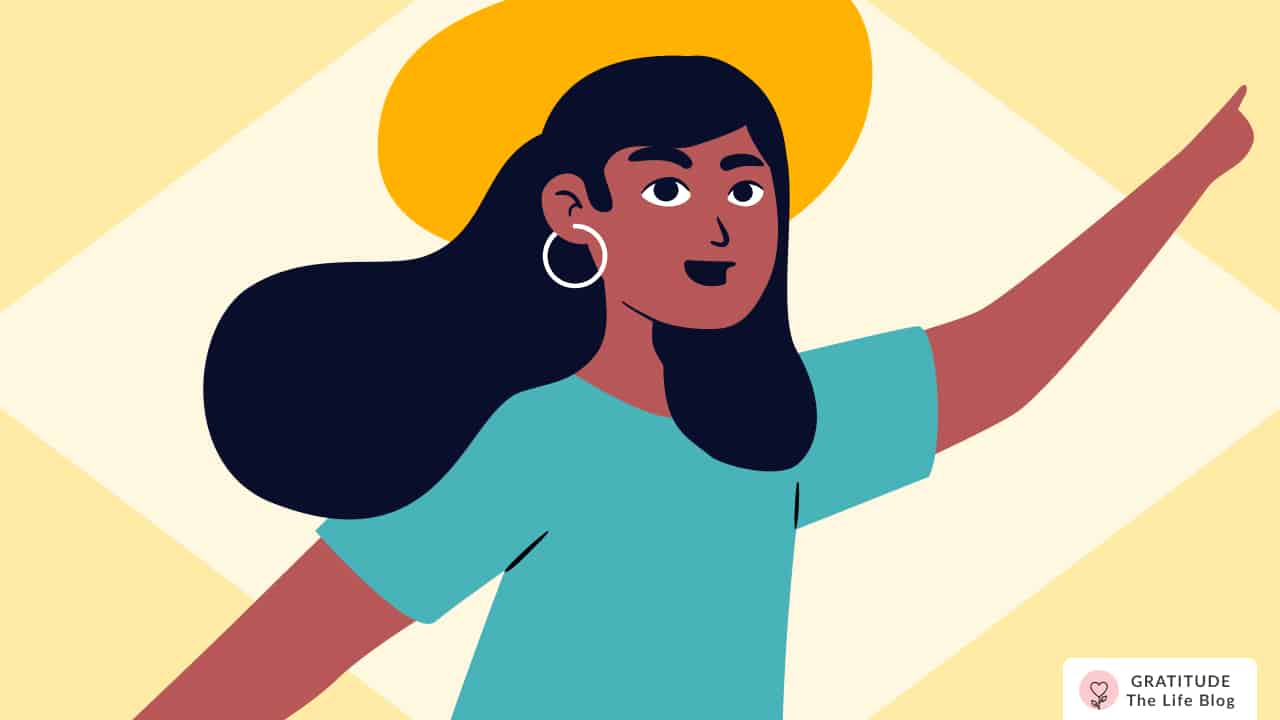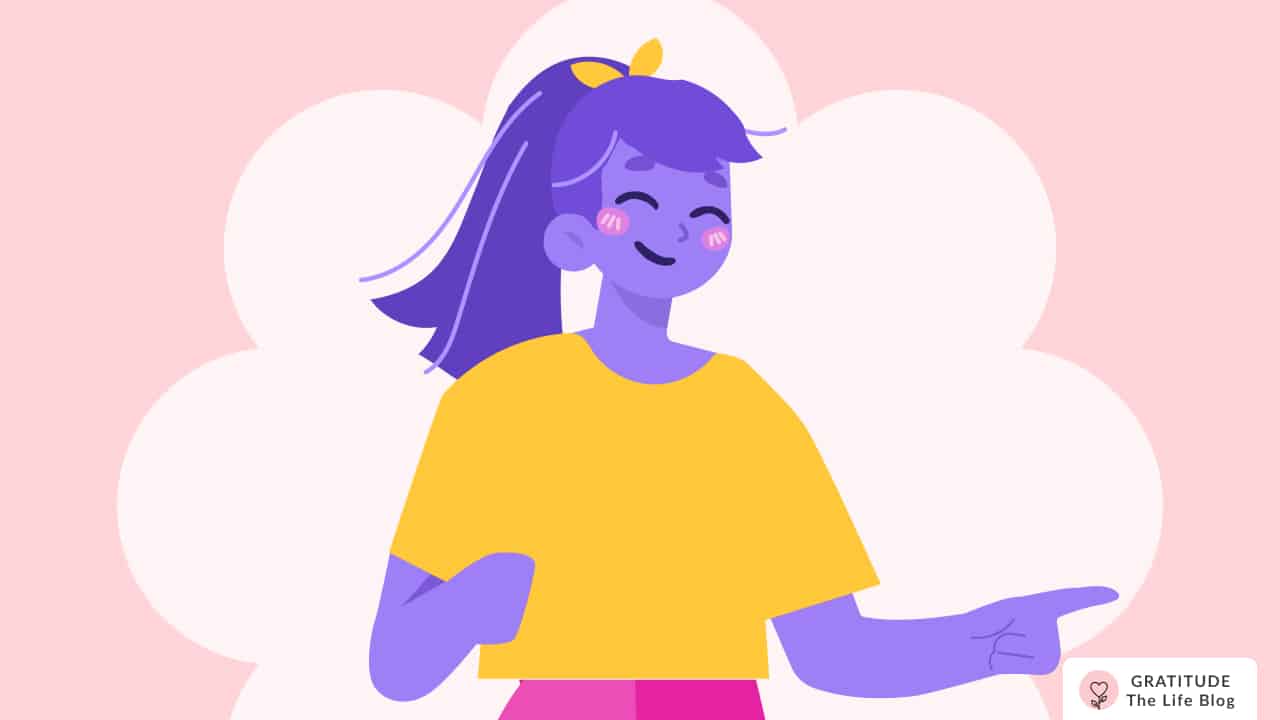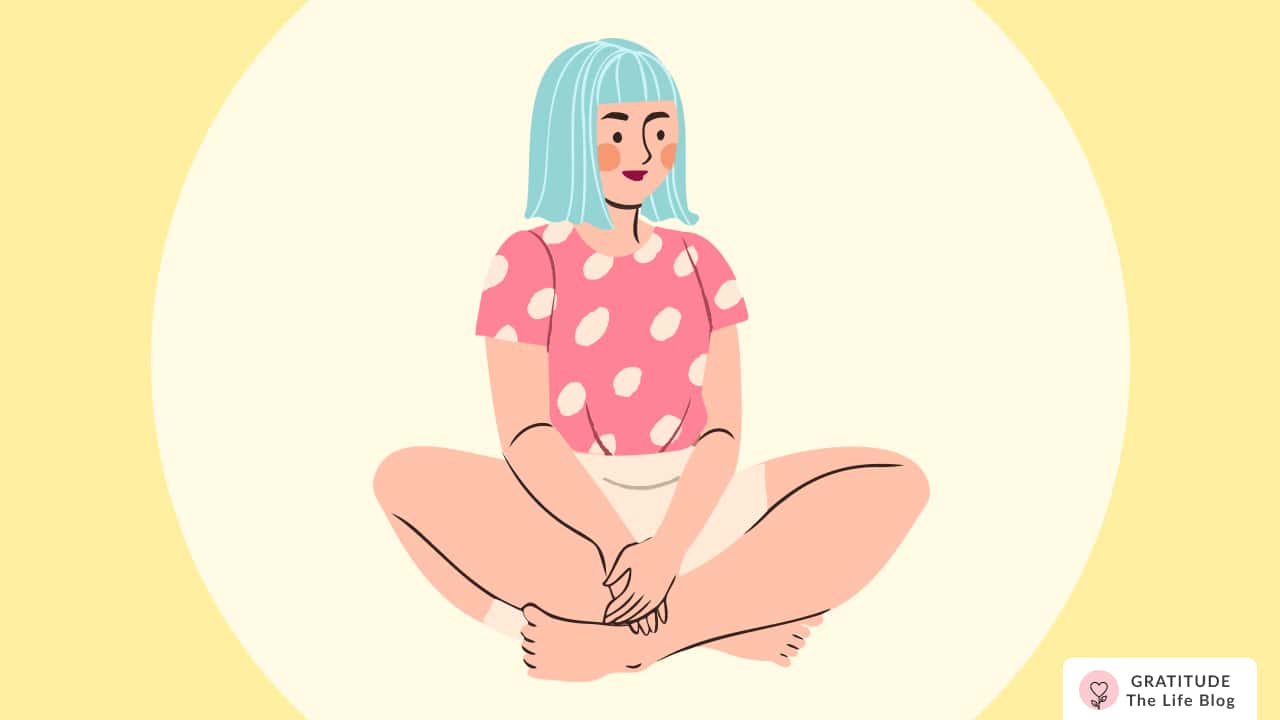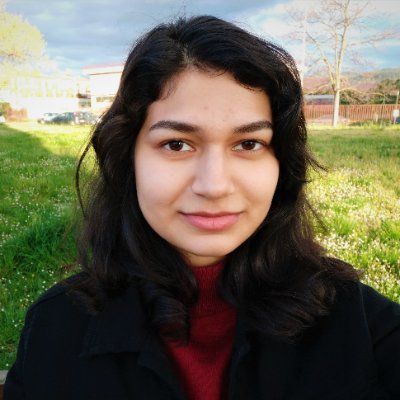Lesley's story - A lightbulb moment
"I have now defined what makes me happy; I am working on how to manage stressful situations in a better way; I continue to learn from my mistakes."
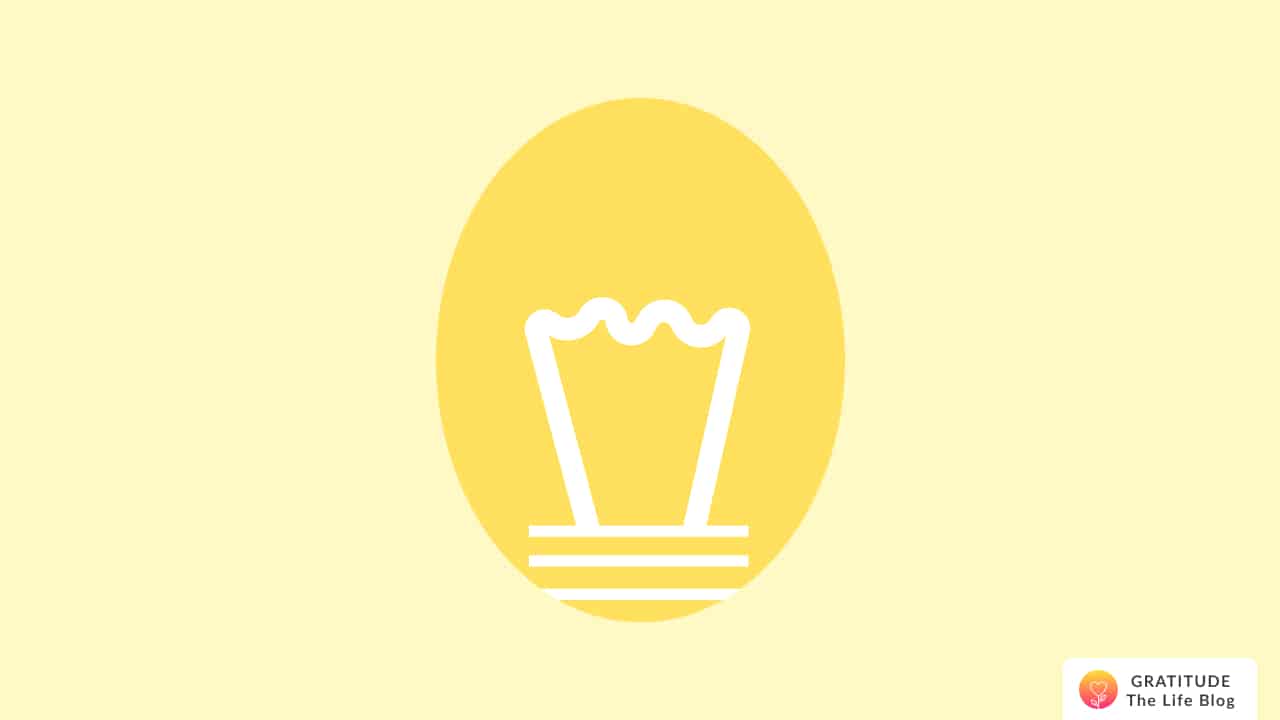
Aarushi: What place were you in emotionally before you intentionally started practicing gratitude?
Lesley: I began intentionally practicing gratitude in January 2019, when I found and downloaded the Gratitude App.
It's part of life, but I had a rough few years emotionally, witnessing my mum's struggle with Alzheimer's and her death in 2016. This was so difficult and stressful, as I live overseas from my family.
My visits home were to contribute to her care, in support of my sister and brother and were emotionally very intense.
My father had depended on my mother for everything and he was unable to cope and he manifested this as denial of my mum’s condition.
I was also working very hard, often away from my partner, intense situations, as I was working in volatile countries such as South Sudan and Somalia.
My “holidays” were caring for my mum and supporting my family. My partner of 18 years, is unable to support me emotionally.
He was neglected as a child and comes from a background where you don't talk about feelings. He also lives with chronic long-term lung disease.
It's not easy living with someone who has a very high level of anxiety and has difficulty in recognizing, and therefore expressing his emotions.
He was attracted to me because I am strong, and I was attracted to him because I am a natural helper. When I am not emotionally strong our relationship suffers badly.
I have chosen to stay with him even though there have been times it's been bad enough that I have wanted to leave.
I know this requires a lot of strength and over time it can damage me, but I believe it is OK to stand by someone who through no fault of their own is damaged.
My father had undiagnosed PTSD from WW2. My mum stuck with him. It wasn't easy. I have friends whose partners have a mental health issue or a chronic illness. They have stuck with them. BUT if this is the decision then self-care is critical.
I had been slow in realizing the importance of this. In the past, I have been told by family, friends, and health practitioners that I needed to find ways to take care of myself.
I started to practice yoga, meditation, etc. I would practice diligently for a while then drift a bit then start again.
After mum’s death, dad was on his own and the care and support shifted to him. So holidays at home were now focused on spending time with him. He wasn’t an easy man! It was testing.
On the work side, I stopped traveling so much and took a contract that seemed to tick all the boxes at this stage in my career. It was quite an adjustment to be so office-based, and there were a lot of office “politics”.
Towards the end of 2018, we were badly robbed, and someone we trusted was involved. This left us with a huge feeling of insecurity, which we had never experienced before.
We decided to close our self-catering accommodation business, which my partner managed, as business was bad and we were losing money. My earnings were more than enough for us to live on.
Shortly after this decision my boss, who I admired so much, decided she was leaving, as she had had enough of the politics. Then I had a huge fall out with senior managers due to a conflict of ethics, and I too decided I had to give notice.
Almost overnight our financial future became uncertain. We decided to rent out our house and all the rental units full time and move to another property we were developing, but not yet finished.
It was all a huge change and I knew there were rocky times ahead. I was out of energy.
Aarushi: How did you learn about gratitude as a concept and why did you think it could help you?
Lesley: I knew about gratitude as a concept through reading about it on various websites I followed such as Greater Good Science.
I have also always had an interest in Buddhism, and I thought practicing gratitude could be helpful in remaining in the present as much as possible, finding the positive in situations, as I struggled with the change, financial uncertainty, and worry.
Also, I was largely dealing with my stress on my own as well as the consequences of stress on my partner, and the impact of that on our relationship.
It was difficult to talk to friends and family, not everyone would understand the depth of my struggles and why I didn’t walk away.
I was very much attracted to the practice of journaling as a way of recording all the positive things I experienced every day which I was thankful for, and how it made me think deeper and look harder for positive things when days were bad.
Aarushi: As you started being grateful and counting your blessings, what changes did you notice in yourself?
Lesley: At first, I listed maybe four to five things I was grateful for a day just like bullet points. Looking back at my journal during this time I realize that I ignored all the negatives.
For example, my partner left me in early 2019 for a short while just after we moved, and I didn't refer to it. 2019 was a very tough year.
A couple of good friends died, my father got sicker and my family especially my brother were so stressed looking after him. My partner was also sick. This is all part of life.
In my journaling, I was really defining what made me happy - time with friends, family gatherings, the birth of my partner's grandchild. I don't think I would have done this so definitely without my daily journaling.
I also started to acknowledge the difficult times, and find something to be grateful for - how I handled it, or the advice of a close friend or my partner being in a better place the next day.
I think by taking this step and recording the bad bits I was able to stop overthinking some of the situations and just let them go, and to identify the triggers that led me to be unhappy and try not to let them affect me so much.
I also chose to speak up when I was really hurt or angry, clearly and concisely and then again to try to let go of the hurt and anger. The change was slow. It took a long time.
In early 2020 my father died. I went home to pack up the family house and all the memories good and bad.
That was the last time I saw my family. The arrival of Covid meant no new work contracts and we living in fear because of my partners’ underlying condition. I became isolated and very depressed.
We started to get into debt. Then the debt became serious. My relationship was in a dark place. I was desperate to see my family and close friends. Then a really close friend died.
I couldn’t get to his funeral, because of Covid restrictions. I kept journaling every day, all of this, rarely missing a day and if I did I did a retrospective entry the following day.
I wrote down how I felt, it became increasingly difficult to feel grateful so I started to look forward. I started writing down what I wanted to happen.
I had selected my affirmations for 2020 but never reviewed them regularly. Now on my morning walks, I would visualize them.
What does financial security look like? I would ask myself. I tried to worry less and hope more. I took some steps to realize my hopes.
I suffered rejection after rejection for work, but by the end of the year we sold our old property and the family sold dad's house.
Both the sales were hugely stressful, and our property sale, in particular, was extremely complicated, but on December 23rd we finalized and at last, we could pay off our debts and look forward to some financial security!
Aarushi: How important do you think is gratitude in life?
Lesley: Practicing gratitude is very important. It does change the mindset.
The result doesn’t mean that life no longer has any downtimes or that I am happy every single day, but in acknowledging something that made me smile, or comfort me, or wowed me every day, I know I have become more positive and I get over the downtimes more quickly.
Gratitude has helped me to recognize how my partner shows me he cares for me. For example, he has built us a beautiful house.
A few months ago he was so ill and was in intensive care, and I saw all the small but important things he does every day which I hadn't noticed and realized how lost I would be without him.
It was a wake-up call for us both. Fortunately, he recovered. I think because I practice gratitude and the emphasis of gratitude is making the most of this wonderful gift of life we have, I was able to say to him that we only have so much time and we should enjoy what we have.
We decided to spend some money on ourselves on mutual interest and hobby, wild camping. We just go off when we feel we need a break, sit and enjoy nature, and it is very good for us.
Aarushi: Did you have any inspirations in this journey?
Lesley: There have been many inspirations in my journey with gratitude. As I said earlier I have now defined what makes me happy; I am working on how to manage stressful situations in a better way; I continue to learn from my mistakes.
There was still something missing. I didn’t know what this was until I completed the 21-day self-love course. At 62 I thought I knew myself well, but this course really made me go deeper into myself and my beliefs about myself.
It brought back a few important things I had forgotten and it highlighted some areas where I hadn't truly accepted myself. It was a joy to be honest, especially the self-reflection which I did on a wild camping trip!
A further revelation came from this quote “The love and attention you always thought you wanted from someone else, is the love and attention you first need to give to yourself” - Bryant McGillns.
A lightbulb moment! I finally understood that I have sometimes had unfair expectations of the people who have loved and still love me, especially with my past and present partners.
This inspirational quote made me realize that I should love myself as I want and deserve to be loved. This is at the core of self-care.
As I continue on my journey I remain grateful for all the love I receive and am looking forward to the additional unconditional love I will become better at giving myself.
